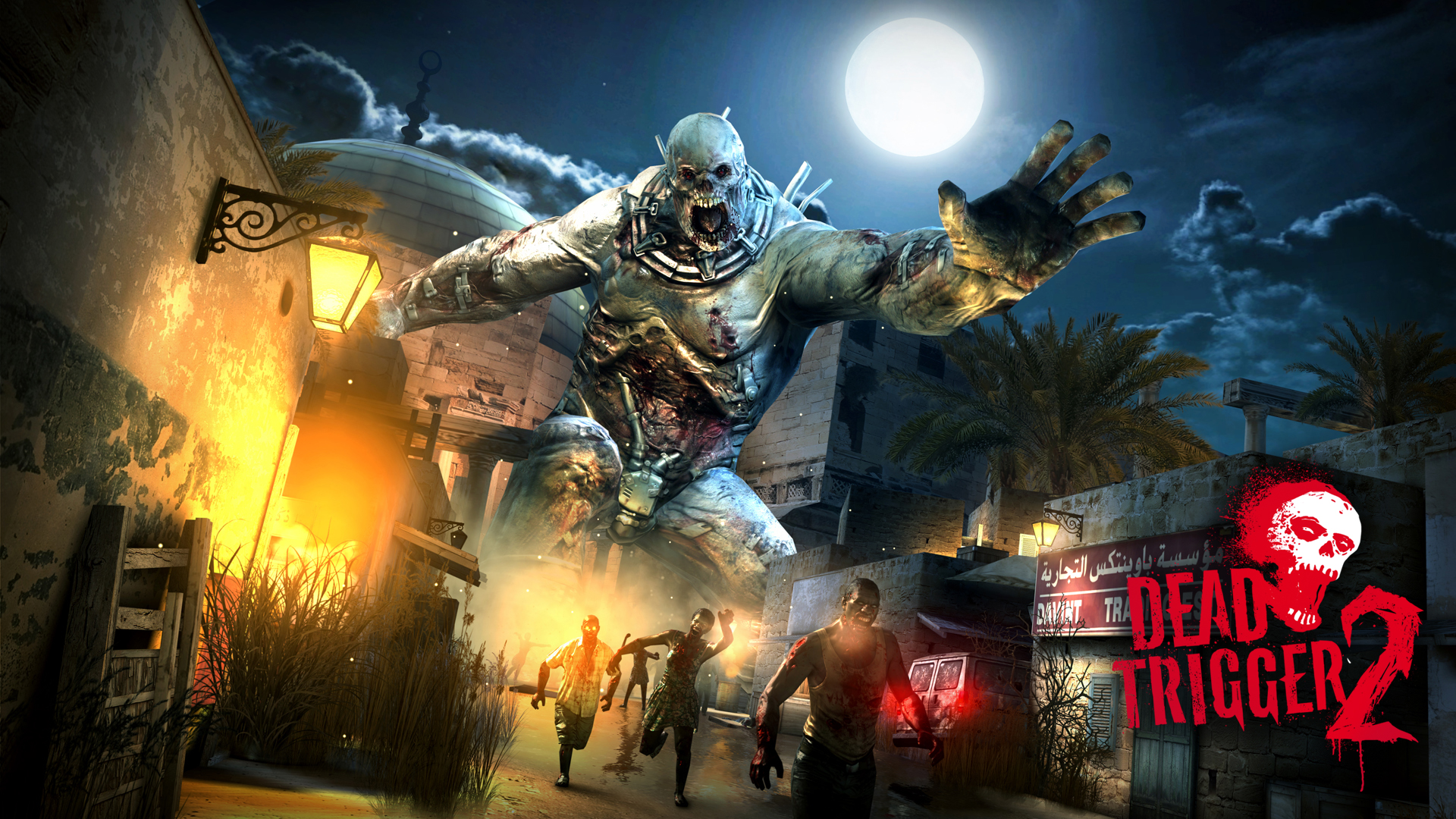
The settings may vary, but ultimately you’re likely to see plot beats rendered in familiar palettes: Burgeoning romance that pits friend against friend teens realizing that it’s okay to be their real selves an overachiever breaking down and shouting at his parents “why don’t you ever ask me what I want?” To keep such stories fresh, an innovative twist is necessary - American Graffiti’s highly specific nostalgia Mary Tyler Moore playing villain-mom in Ordinary People Spirited Away’s enchantment, etc. I don’t mean this as a negative, necessarily, but coming-of-age stories tend to paint with similar colors. Thanks to Phoenix for helping to sort through this week’s releases! This week’s comic books feature characters in very different times and places - Americans intersecting with Japanese culture, humans in a future apocalypse, and treasure-hunters digging into the distant past.
#TV TROPES DEAD RISING 2 MOVIE#
At one point in the movie The Muppets Take Manhattan the character Pete observes, “Peoples is peoples.” He’s so right. This meme-mutation, nearly a century old, is virtually identical to the way that memes of today evolve on Twitter - the only difference is that now it happens over the course of a weekend, instead of being dragged out for weeks by the limitations of physical media.



For example, a few months ago, I stumbled across a weird fad of the mid-1930s that graced newspapers across the country: Apparently, there was a brief period during which the height of comedy was composing jokes that riffed on the theme of “who’s that lady?” Citizens would submit jokes to their local paper, which would collect and print them such-like: “Who was that lady I saw you with last night?” “That was no lady, she was an elevator girl and let me down.” Or, “who was that lady?” “That was no lady, she was a waitress and served me well.”Īfter a while, jokesters got tired of this form and it started to mutate into bizarre nonsense: “Who was that lady I saw you with?” “That was no saw, that was a chisel.” And even weirder: “Who was that ladle?” “That was no ladle, that was a knife.”


 0 kommentar(er)
0 kommentar(er)
